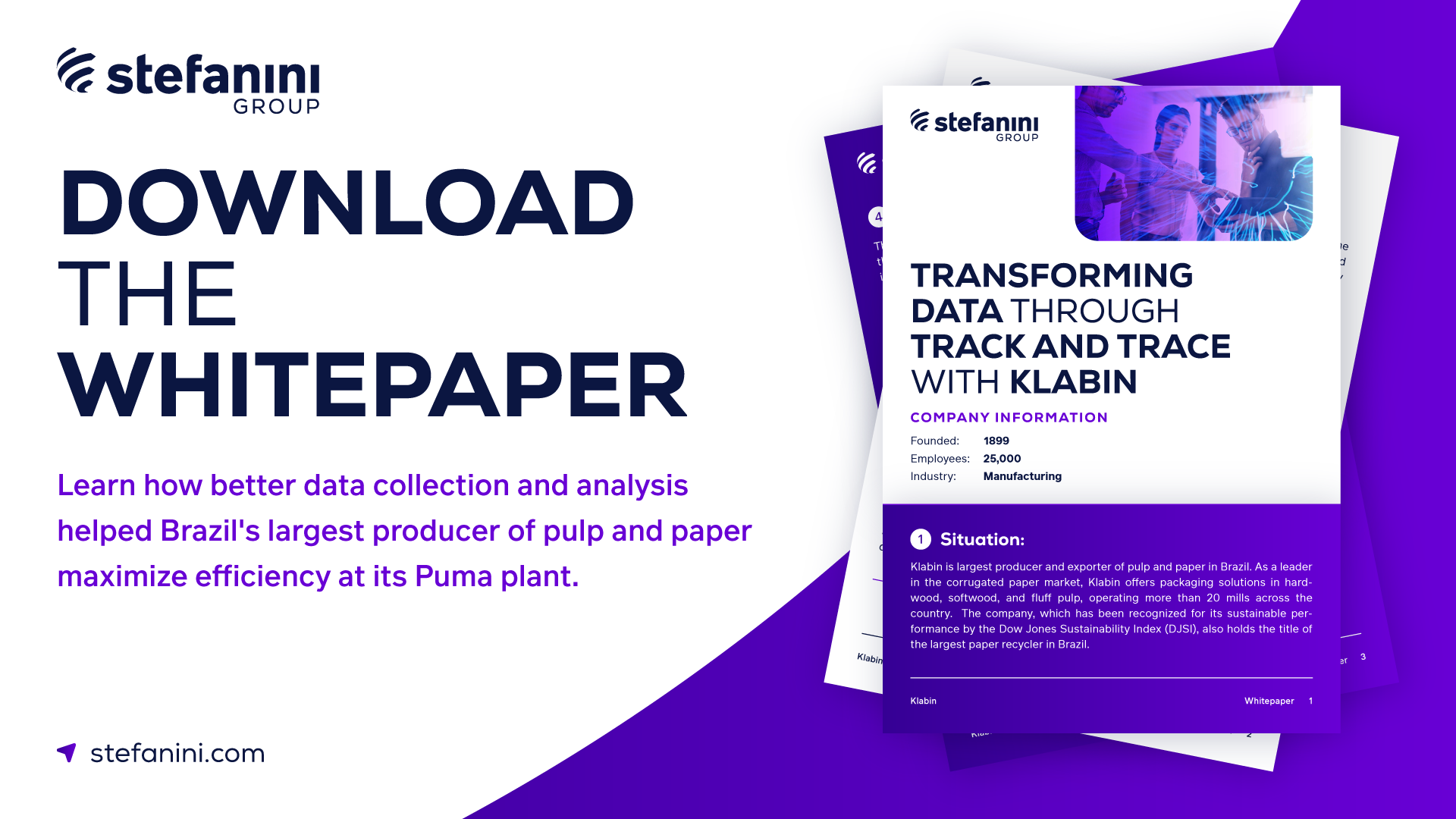Modern enterprises rely on cloud services to store and manage their data. But while general-purpose cloud platforms can be an asset, some companies may find the one-size-fits-all approach provided by these platforms to be lacking. This is because different industries face different challenges, which generic solutions fail to address.
Industry cloud platforms are a relatively new phenomenon, but they are growing in popularity. In fact, Gartner predicts that by 2027, more than 70% of enterprises will have adopted industry cloud platforms, up from less than 15% in 2023. This is due to several factors, including the increasing need for industry-specific solutions and the growing maturity of cloud computing technologies.
To help business leaders understand the potential impact these platforms could have on their processes, applications, and infrastructure, we’re breaking down the complex technology behind industry cloud platforms in this article.
What Are Industry Cloud Platforms?
Unlike general cloud platforms, such as Microsoft Azure and Amazon Web Services (AWS), industry-specific cloud platforms are a collection of cloud services, applications, and tools that are strategically designed for use in different industries. Industry cloud platforms offer features and services tailored to specific business verticals, including retail, healthcare, logistics, financial services, and more, to address the unique needs and challenges of each industry.
Also referred to as vertical cloud platforms, these platforms combine software as a service (SaaS), platform as a service (PaaS), and infrastructure as a service (IaaS), allowing enterprises to operate in a more adaptable, agile, and accelerated way.
Key Components and Features
Industry cloud platforms offer a targeted ecosystem, delivering pre-built components and features specifically designed for each industry’s unique and ever-changing needs. At their core, these platforms house essential functionalities like secure data management and robust analytics, built with industry regulations and compliance in mind.
Imagine industry-specific security protocols and data analytics tools tuned to understand your sector’s data patterns. This targeted approach streamlines operations and unlocks valuable insights, allowing businesses to integrate additional features and applications that match their specific workflow. Need a specialized inventory management system for retail? Or robust risk assessment tools for finance?
Industry cloud platforms are designed to be both flexible and scalable. As a business evolves, the platform seamlessly adapts, accommodating growth and changing needs. Whether it’s scaling up storage for a booming online store or integrating new industry-specific tools, industry-specific cloud platforms facilitate progress effortlessly.
How Industry Cloud Platforms Work
Vertical cloud platforms are designed by industry experts, empowering enterprises to tailor the platform to their unique processes. This virtual environment relies on several key components to deliver its magic:
- Secure multi-tenant infrastructure allows multiple organizations to benefit from shared resources while maintaining data isolation and security. This optimizes costs and improves scalability.
- Deployment models offer flexibility, allowing enterprises to choose between two options: the public cloud for on-demand access and agility, the private cloud for dedicated resources and enhanced control, or a hybrid model to blend both for a highly customized fit.
- Data processing and integration are seamlessly woven into the workflow. Pre-built connectors streamline data intake from multiple sources, which is then processed by powerful cloud-based engines, leveraging industry-tuned machine learning (ML) algorithms for deeper insights.
Think of it as a choreographed dance: data flows in securely, gets processed with industry-specific understanding, and emerges as actionable insights – all within a flexible and scalable environment tailored to each industry’s needs. By harnessing the power of cloud technology and deep industry expertise, industry cloud platforms orchestrate this digital symphony, propelling businesses forward.
Benefits of Industry Cloud Platforms
Streamlined workflows, automated tasks, and easy access to industry-specific tools: these are just a few of the advantages industry cloud platforms add to modern enterprises, boosting efficiency and allowing businesses to unlock their full potential.
At a high level, industry cloud platforms provide multiple benefits, including:
- Increased automation: Automating tasks and optimizing workflows allows developers to focus on higher-value tasks rather than mundane, repetitive ones.
- Access to pre-built solutions: Industry-focused platforms eliminate the need to build software from scratch, offering pre-built modules that save time and resources.
- Improved data security and compliance: Industry expertise is baked into these specialized platforms, improving data security and ensuring compliance standards are met.
- Decreased operational costs overtime: Flexible pricing models and shared infrastructure reduce development expenses by leveraging shared resources.
- Data-driven decision making: Valuable, industry-specific insights allow for more strategic decision making, enhancing the potential return on investment and providing a competitive edge.
- Improved innovation and agility: With increased speed and quality, companies can foster a culture of innovation and adaptability, allowing them to respond effectively to market shifts.
Challenges of Industry Cloud Platforms
While industry cloud platforms offer a promising path for the future of business, there are several potential challenges companies will need to consider before adopting these cutting-edge platforms, including:
- Privacy and security risks: Industry cloud platforms provide intelligent, industry-focused insights, but due to the role AI plays in this process, many companies harbor data privacy and security concerns, particularly in heavily regulated industries.
- Barriers to integration: Upon adoption, the platform may require additional effort to integrate seamlessly with the existing systems and infrastructure, raising concerns about dependence on multiple independent software vendors (ISVs) and the dreaded potential for vendor lock-in.
- Lack of flexibility: While some industry cloud platforms may offer open APIs and data portability, switching providers later could prove difficult.
- Hefty up-front costs: Though shared infrastructure can decrease costs overtime, the initial costs of migration and integration can be high, meaning companies will need to carefully evaluate platform pricing models and weigh them against the potential returns to avoid exceeding their budget.
However, it’s important to understand that these challenges aren’t insurmountable. Conducting thorough pre-adoption assessments, negotiating clear data governance agreements, and choosing platforms with open APIs and vendor-agnostic architecture can mitigate some of these concerns.
Addressing these complexities requires planning and partnering with experienced cloud migration specialists. By implementing proactive strategies, businesses can navigate the cloud journey with confidence and unlock the true potential of industry cloud platforms.
The Future of Industry Cloud Platforms
Industry cloud platforms are expected to continue to grow in popularity, with experts predicting widespread adoption across industries in the coming years. But what does this mean for IT professionals? While businesses can expect to benefit from faster innovation, improved agility, and a competitive edge, IT professionals will see their roles evolve. Instead of building systems from scratch, they’ll become navigators and integrators, maximizing the potential of these platforms.
Looking ahead, trends like enhanced security, AI-powered insights, and edge computing integration will shape the future of industry cloud platforms. These platforms will continue to prioritize data privacy and regulatory compliance, leveraging AI to unlock deeper insights and personalize solutions. Meanwhile, edge computing integration will further blur the lines between cloud infrastructure and on-premises data, transforming business processes and enabling real-time decision-making. In this way, industry cloud platforms will be at the center of digital transformations, so leveraging them effectively will be critical.
The Bottom Line
Industry cloud platforms offer a powerful blend of pre-built industry expertise and customizability. Data management, analytics, and industry-specific features form the foundation, while scalability and flexibility ensure the platform grows alongside your business.
So, if you’re seeking a cloud solution that understands your industry and empowers your unique journey, industry cloud platforms may be the answer. Preparing for the rise of these platforms will be key to riding the wave of innovation and securing your place in the ever-evolving digital landscape. To learn more about Stefanini’s cloud services, connect with an expert today!




















